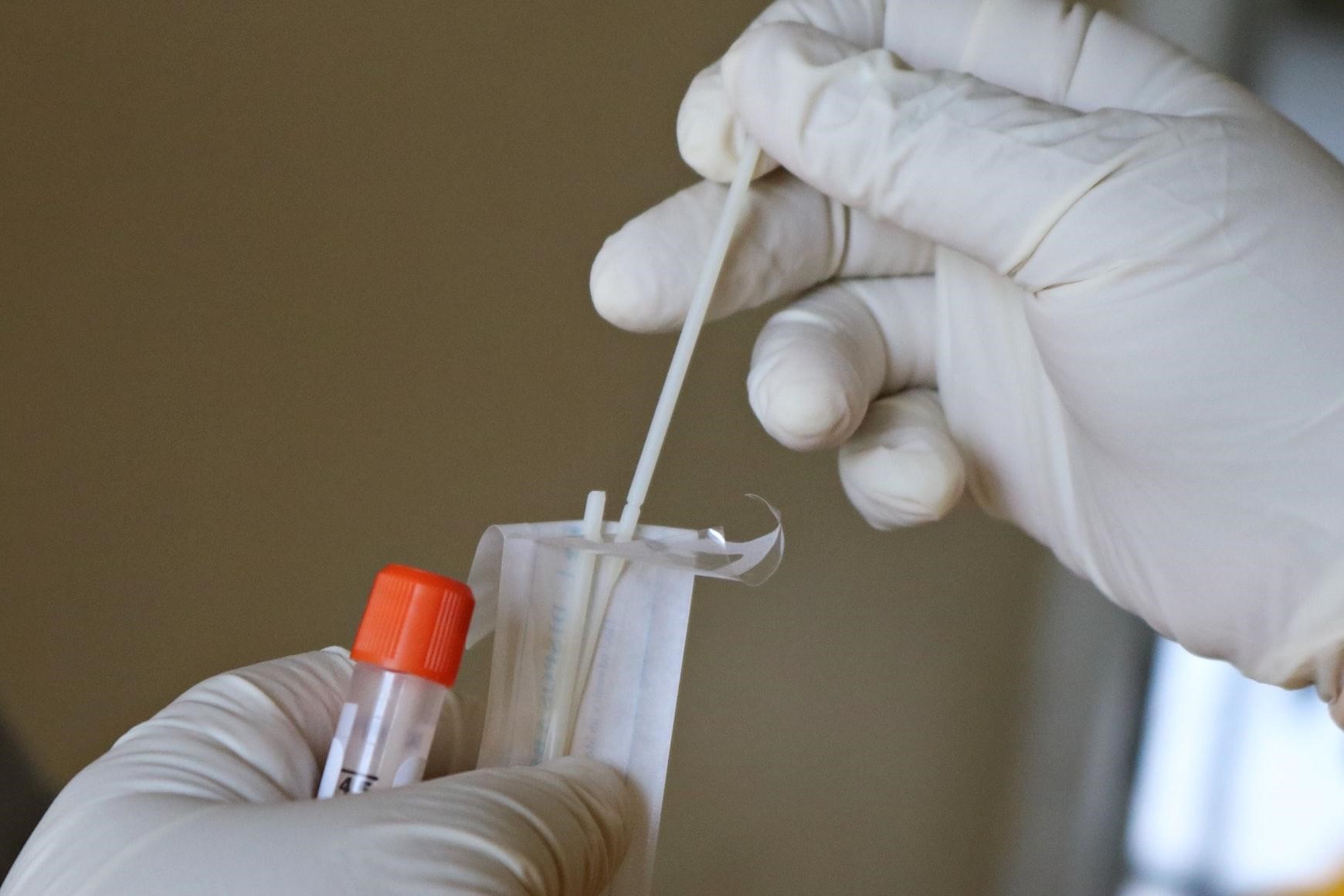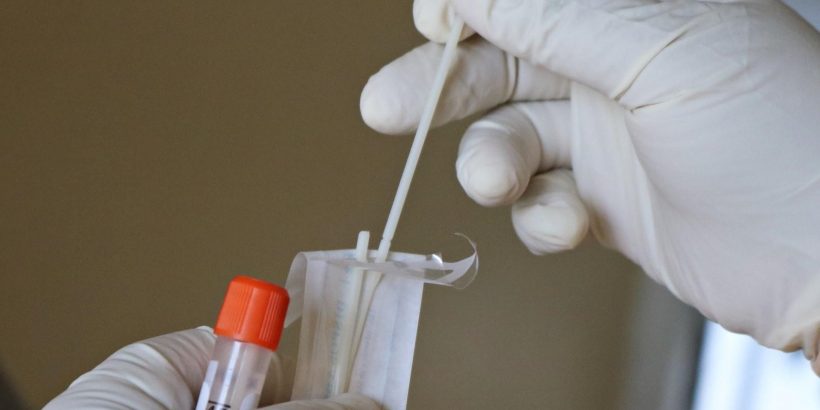
By Jori Hamilton
The COVID-19 pandemic has wreaked havoc on society for nearly two years. The information we’ve received about the virus has changed and advanced as research has evolved. The vaccine rollout has done a good job of keeping more people out of the hospital, and in many ways, some areas of life are returning to normal.
But, we aren’t completely out of the woods. In some states, COVID levels are spiking again. While that might not mean a trip to the hospital, this is still a very contagious and dangerous virus.
If you’ve potentially been exposed to COVID, your initial instinct might be to panic.
Take a deep breath. Don’t immediately call friends and family to tell them, especially if you end up not getting infected. Instead, do what you can to responsibly manage a potential infection. You can do that by following some of these tips.
Protect Others
We’ve all done our part for nearly two years to keep ourselves, our loved ones, and complete strangers safe. If you’ve already gotten vaccinated, you’re one step ahead – even with potential exposure.
But, if you’re worried about the possibility of spreading the illness to others after an exposure, try things like:
- Staying at home
- Social distancing
- Wearing a mask in public
- Sanitizing/washing hands frequently
This isn’t the “permanent” solution, of course. But, it can keep other people safe until you’re able to get tested. In the meantime, pay attention to your symptoms. Some of the most common COVID symptoms include a high fever, cough, fatigue, headache, and sore throat.
Get Tested
Don’t wait too long before getting a COVID test. If you think you’ve been exposed, consider going to an urgent care clinic for a test. In most cases, you’ll receive your results in 24 hours, though it can take up to two days.
If you’ve never gotten a COVID test before, the steps are simple:
- A healthcare professional will place a sterile swab into your nasal passage
- The swab will rest for a few seconds at the back of the nasal passage
- It will absorb secretions from the nose and throat
- The swab will be removed and tested
One of the additional benefits of going to urgent care is they can take care of the symptoms you might be experiencing. For example, if you’re coughing or having shortness of breath, they can do a chest x-ray to rule out any other issues.
Stay Safe at Home
Over the last two years, COVID-19 has really taken on a life of its own. But, it’s important to remember that it’s still a virus. Whether you live alone or with others, taking precautions in your own home can help you recover faster and reduce your risk of getting it again.
The easiest way to do that is to keep your home clean and disinfected. If other people are living with you and sharing spaces and items, make sure to disinfect things like remote buttons, sink handles, and commonly-used surfaces as often as possible. The best thing you can do, though, is to isolate yourself from your roommates or family until you’ve received a negative test.
It’s understandable to be a little nervous after a potential COVID infection. But, there’s a right and a wrong way to handle things. Keep yourself and others safe and get tested as soon as possible.
If you do test positive for the virus, take all of the proper quarantining steps. The pandemic may be waning. But, we all still need to do our part to keep it on that track. Take a possible infection seriously, but don’t let it send you into a panic. The more you’re willing to stay calm and do the responsible things, the less likely it will be for you to potentially infect others.

Jori Hamilton is an experienced writer residing in the Northwestern U.S. She covers a wide range of topics but takes a particular interest in topics related to politics, urban living, society, and health. If you’d like to learn more about Jori, you can follow her on Twitter and LinkedIn.
